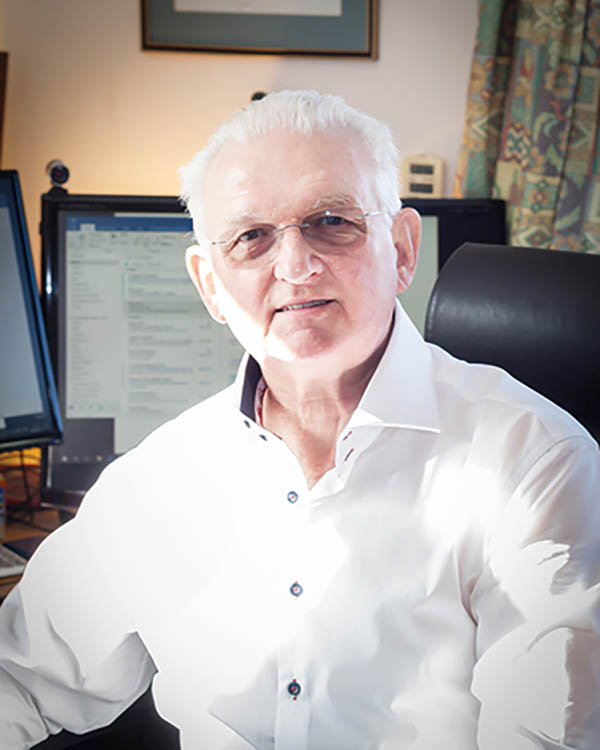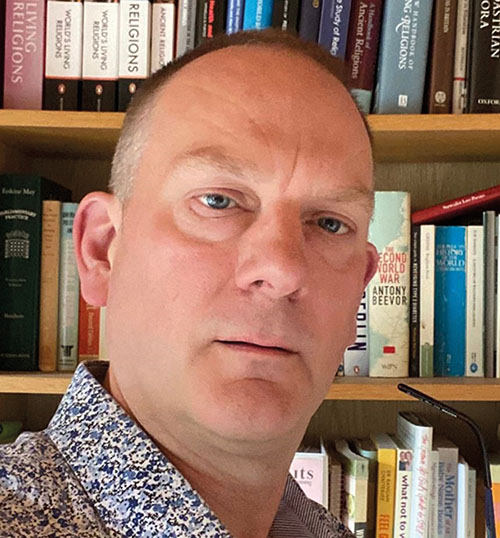 By Chris Makin chartered accountant, accredited civil mediator and accredited expert determiner
By Chris Makin chartered accountant, accredited civil mediator and accredited expert determiner
You may have seen my article last December, and many similar from other mediators, with the title Have the Floodgates Finally Opened? We rejoiced at the case of Churchill v Merthyr Tydfil County Borough Council [2023] EWCA Civ 1416 when, at long last, the Court of Appeal overturned Halsey v Milton Keynes General NHS Trust [2004] EWCA Civ 576 where Dyson LJ had said: “…to oblige truly unwilling parties to refer their disputes to mediation would be to impose an unacceptable obstruction to their right of access to the court.” He said that this would offend Article 6 of the European Convention on Human Rights, which establishes the right to a fair trial.
Well, now there isn’t an obstruction. Sir Geoffrey Vos, Master of the Rolls, decided that a judge can now insist that the parties go to mediation before being allowed a hearing. So all those years where judges imposed costs orders, made pointed remarks from the bench and kept parties waiting for many months, are over. Yippee! Parties can be helped by a friendly mediator, promptly and at modest cost, and have their own solution to their dispute. Wonderful!
 By Mark Hinnells, director of Susenco Consulting Ltd
By Mark Hinnells, director of Susenco Consulting Ltd


 By Chris Makin chartered accountant, accredited civil mediator and accredited expert determiner
By Chris Makin chartered accountant, accredited civil mediator and accredited expert determiner  By arboricultural consultant and accredited expert witness Mark Chester of Cedarwood Tree Care.
By arboricultural consultant and accredited expert witness Mark Chester of Cedarwood Tree Care.